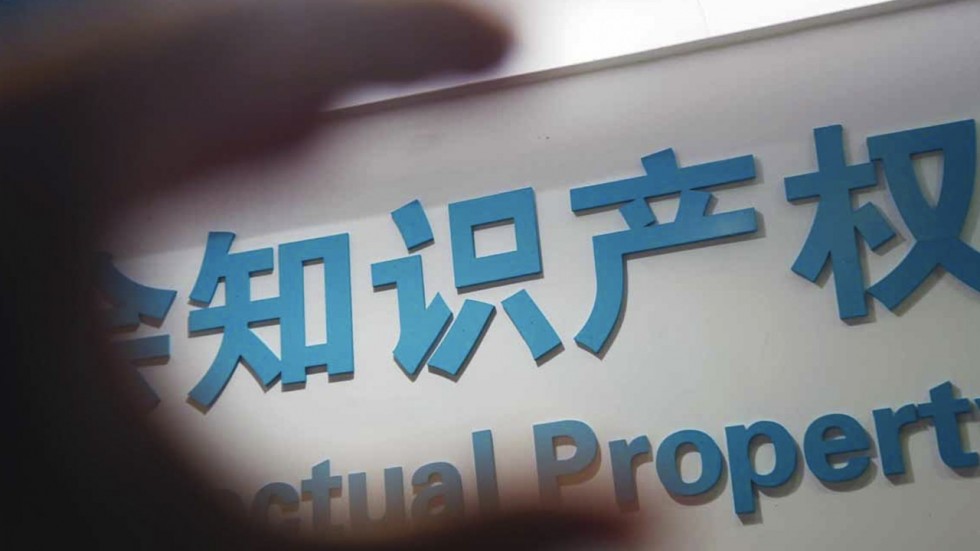
By Jiang Jianke, Peng Fei, People’s Daily
China’s State Council Information Office held a press conference on Tuesday, focusing on reform and opening up and intellectual property right (IPR) development.
Deputies of IPR protection were invited to the conference, sharing their own experience and stories, and introducing China’s historic achievements made in IPR development to both domestic and foreign journalists.
China’s patent development started from 1978, said Yin Xintian, former Director General of Legal Affairs Department at the National Intellectual Property Administration. The country had made remarkable achievements on IPR development during the past four decades of reform and opening up, he added.
By 2017, China has been the world’s largest invention patent applicant for the seventh year in a row. The average time for invention patent examination in China is reduced to 22 months, faster than that in the US and Europe.
American Chamber of Commerce in the People’s Republic of China said in a 2016 report that 91 percent of the US enterprises surveyed acclaimed China’s efforts on IPR protection in recent five years. China’s achievements in this regard are obvious to all.
Wu Handong, former President of Zhongnan University of Economics and Law introduced that Chinese people had no idea of IPR 40 years ago. The term was not even included in China’s law dictionaries in the 1990s, he added.
But now, IPR had become a buzzword among the people and a keyword at workplaces, Wu explained. The awareness of copyright, brand and patent protection enjoys popular support now, as China has nurtured an environment where innovation is more and more encouraged.
Wu, quoting Dr. Arpad Bogsch, the former Director General of the World Intellectual Property Organization (WIPO), said that China had accomplished in just 20 years what the western countries had achieved in two centuries, drawing attention of the world.
China issued the Patent Law in March, 1984, the first of this kind since the country was found, Yin noted, adding that the law had later gone through three amendments.
He further explained that the draft of the fourth amendment to the law was passed on Dec. 5 by the State Council and would be submitted to the Standing Committee of the National People’s Congress for approval. It was a latest version, he said.
Yin disclosed that the draft amendment would toughen the punishment for intellectual property infringements by substantially increasing the compensation for patent right infringements and the penalties on patent counterfeiting.
Furthermore, accused infringer shall shoulder the burden of proof and provide related materials during the patent infringement litigation. The internet service provider who failed to prevent infringement in a timely manner should also assume joint liability, said Yin.
In addition, the amendment also stipulated that the inventor or creator of a service invention should share the benefits generated through the invention so as to foster enthusiasm for creation, Yin said.
Protecting IPR is to protect innovation. As Chinese President Xi Jinping noted, IPR protection was the centerpiece of the system for improving property rights protection, and it would provide the biggest boost to enhancing the competitiveness of the Chinese economy. Stronger IPR protection was the requirement of both foreign enterprises, and f Chinese enterprises, Xi said.
Now China is gearing up to build itself into a stronger country regarding intellectual property. It has more determination to protect IPR and will generate more energy for creation and innovation.
